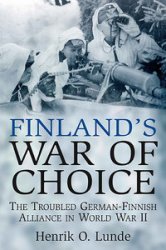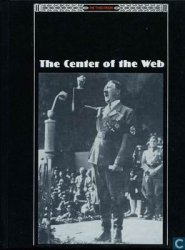Costa Rica is the most fortunate of the Central American states, free from civil war (except for a brief period in 1948), with a GNP per capita in 1987 of $1,610 with the highest income per head of population and one more equitably distributed than elsewhere in Latin America. It is also the only Latin American nation with something approaching an established democratic parliamentary system. Abuses of human rights are not totally absent, as Amnesty International reports reveal, but their scale is small compared to those of the other states.
Costa Rica had established a constitutional liberal state in the 1920s with free and fair elections. The collapse of coffee prices, on which it depended, had a devastating effect throughout Central America. The more liberal oligarchic parliamentary governments in the region gave way to the strongmen, the caudillos, who would preserve the interests of landowners and merchants and meet the threat of labour and social unrest. Only in Costa Rica, with its strong constitutional tradition, was the caudillismo somewhat softened in the 1930s and 1940s by regular presidential elections. Jose Figueres was the outstanding political leader to emerge in the post-1945 period. Reformist Costa Rica enjoys an extensive social-welfare programme, and Jose Figueres’s revolutionary junta (1948-9) strengthened the parliamentary tradition. Women were enfranchised and after losing the elections Figueres stood down. Perhaps the junta’s most unusual action, given the Latin American context, was to abolish the army. Still, by Western standards, Costa Rican constitutionalism had decided defects. Organised labour was harshly repressed, reforms would be granted from above rather than negotiated with workers and peasant organisations from below. As in most of Latin America, standards of living in the early 1990s remained tied to agricultural prices and the cost of manufactured imports. Despite diversification of the economy, coffee and bananas were still the backbone of exports. The problems of the 1970s and 1980s burdened Costa Rica with a huge foreign debt.
Meanwhile internationally, Costa Rica, which aided the Sandinistas in the overthrow of the Somoza dictatorship in neighbouring Nicaragua, was drawn into the struggle between the Nicaraguan Marxist regime and the US. It became the far from enthusiastic host to the Contra bases along its borders. Its president, Oscar Arias Sanchez, was a leading proponent of attempts to mediate peace in the region. The end of the civil war in Nicaragua and the electoral defeat of the Marxist regime in 1990 lessened tension and promised a better future as the presidency changed hands and Arias Sanchez left office.




 World History
World History









